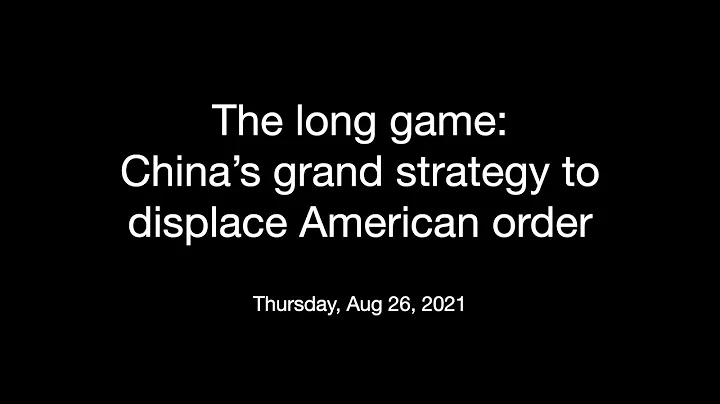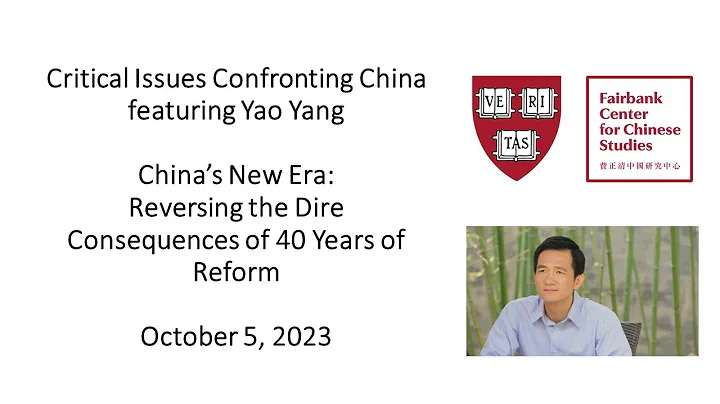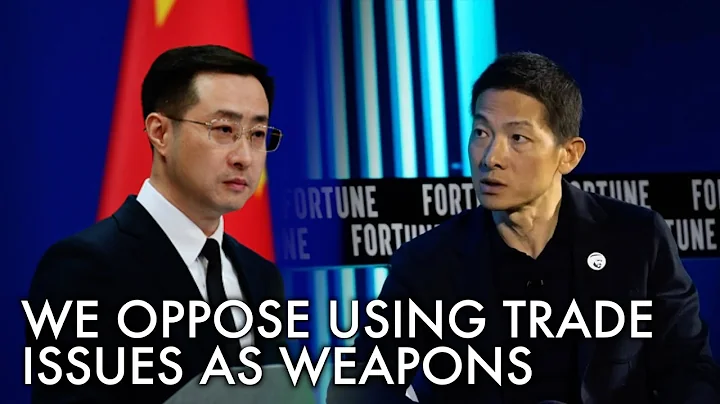After the signing of the "Xin Chou Treaty" , the Qing government was forced by internal and external situations to implement new policies. Yuan Shikai expressed his strong support. In 1902, Yuan Shikai concurrently served as the Minister of Government Affairs and the Minister of Military Training, and trained the Beiyang Standing Army (referred to as the Beiyang Army) in Baoding, China. In order to exercise the country's sovereignty over Tianjin, Yuan Shikai changed the identities of 3,000 Beiyang troops on the spot from soldiers to policemen, and sent them to Tianjin under the leadership of Duan Zhigui. Thus, he created China's first police force and safeguarded the country's sovereignty over Tianjin.

The Tianjin Police Department in the early years of the Republic of China
In 1900, during the Gengzi national calamity, Tianjin fell. Britain, France, the United States, Russia, Germany, Japan, and Italy formed the "Tianjin Provisional Government", which was known as the "Dutong Yamen" in history.
On August 15, 1902, Yuan Shikai took over Tianjin from the Dutong Yamen, also known as the Eight-Power Allied Forces. The two sides negotiated and agreed that China would not be allowed to station troops within 210 kilometers of the foreign leased land.
In order to solve this problem, Yuan Shikai decided to establish China's own police force - Tianjin Patrol Police General Bureau based on the Dutong Yamen and Japan's patrol police system. This is the earliest police agency to appear in Chinese history outside of concessions.

Cao Jiaxiang
Cao Jiaxiang (1864-1926), male, was born in Shunde, Guangdong. In 1874, he went to study in the United States as the third batch of young children studying in the United States. The founder of China's modern police system.

Zhao Bingjun
Zhao Bingjun (1859-1914), a native of Ruzhou, Henan, was a famous political figure in the late Qing Dynasty and the early Republic of China. When Yuan Shikai was serving as the President of the Republic of China, he was promoted to be the third Prime Minister of the Republic of China. He once drafted a police charter and established a police academy. He is the founder of China's modern police system.
The first director was Cao Jiaxiang, and the second director was Zhao Bingjun. The General Administration has two branches, the south and the north, each with 1,500 police officers. The Southern Bureau is responsible for public security in urban Tianjin, and is located on the west side of Jintang Bridge; the Northern Bureau is responsible for public security in Xikou, Beitang, Tanggu, Qinhuangdao, Shanhaiguan and other places, and is located in Jiajiakou, Hebei Province.
Subsequently, Yuan Shikai successively established directly affiliated horse patrol teams, river patrol teams, detention centers, dispatch teams, fire brigade, military bands, wire patrol teams, and detective teams . It can be said that the earliest water police was also born in Tianjin. By October of that year, Yuan Shikai transferred 2,000 soldiers from the Zhili Huai Army to establish the Railway Patrol Bureau, responsible for the security of the Jingshan Railway. The Railway Patrol Bureau is located at the Beijing Railway Station and is under the leadership of the Tianjin Southern Section Patrol Bureau. Therefore, China's modern railway police also originated in Tianjin.





















